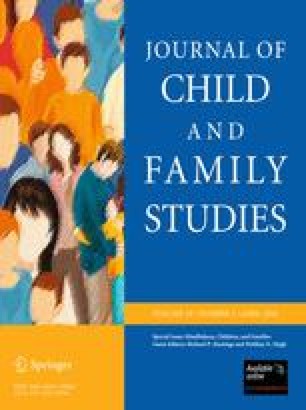Research published in the Journal of Child and Family Studies used semi-structured interviews to examine the feasibility and the acceptability of perinatal interventions among low income, first-time mothers in Seattle (77 percent BIPOC; n=202). The study design involved a control group and three intervention groups, each offered a
different stress management or social-emotional connection curriculum, one prenatally, one postpartum, and one for parents and infants together. More than 95 percent of
participants (1) reported being satisfied with the skills taught in the interventions, and (2) reported that the information was useful. The high satisfaction and utility suggest mindfulness approaches can be accepted and valued by diverse low-income populations. Despite participant support for the curriculum, the authors also describe challenges in program delivery. Although the programming was offered in multiple sites, served food, and offered in-room child care, participation was low among the postpartum groups,
and general attendance was closely tied to the provision of incentives. Interviews with program participants identified that having a hybrid (online/in person) format would help to overcome barriers to attendance experienced by new parents.

